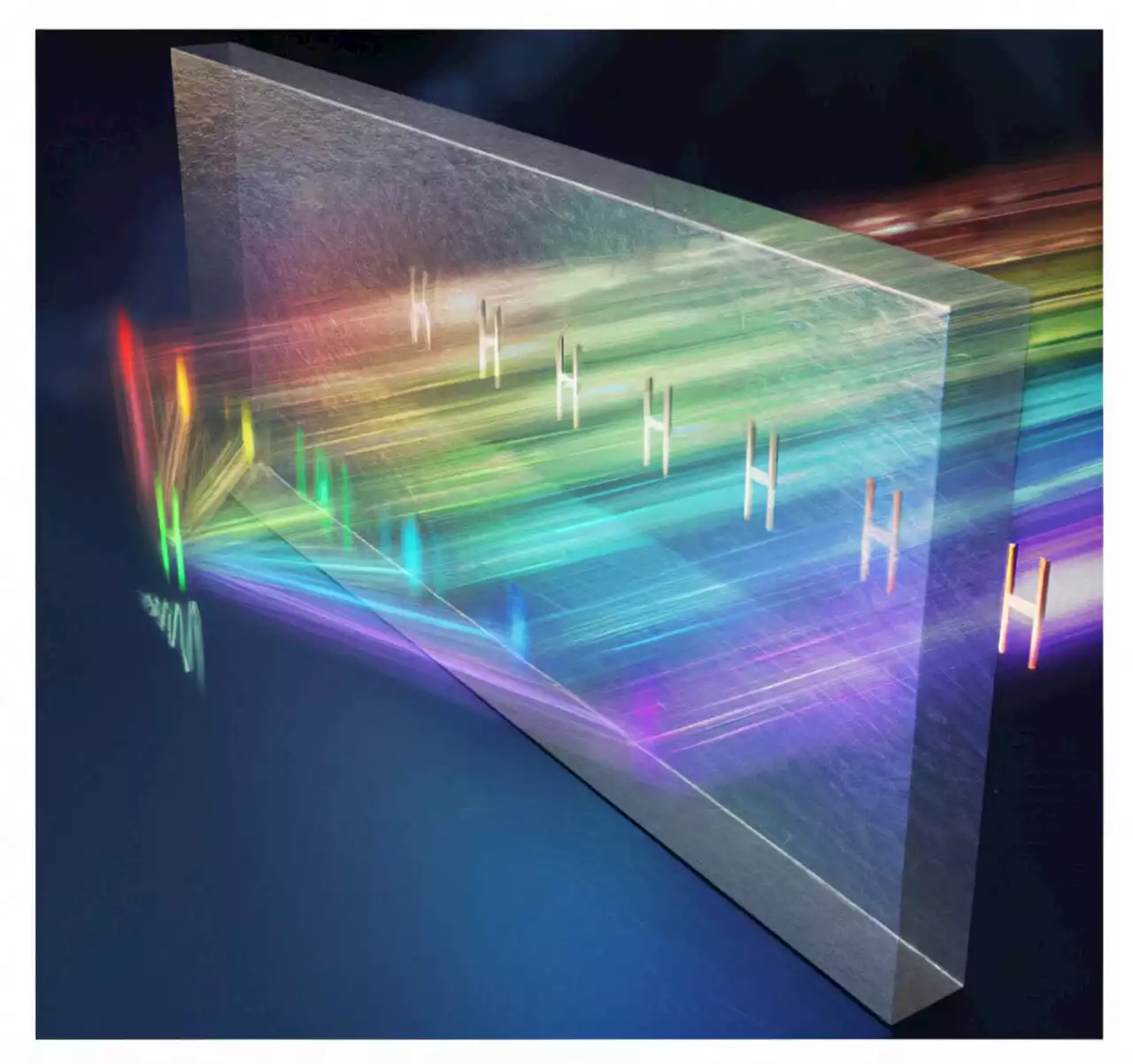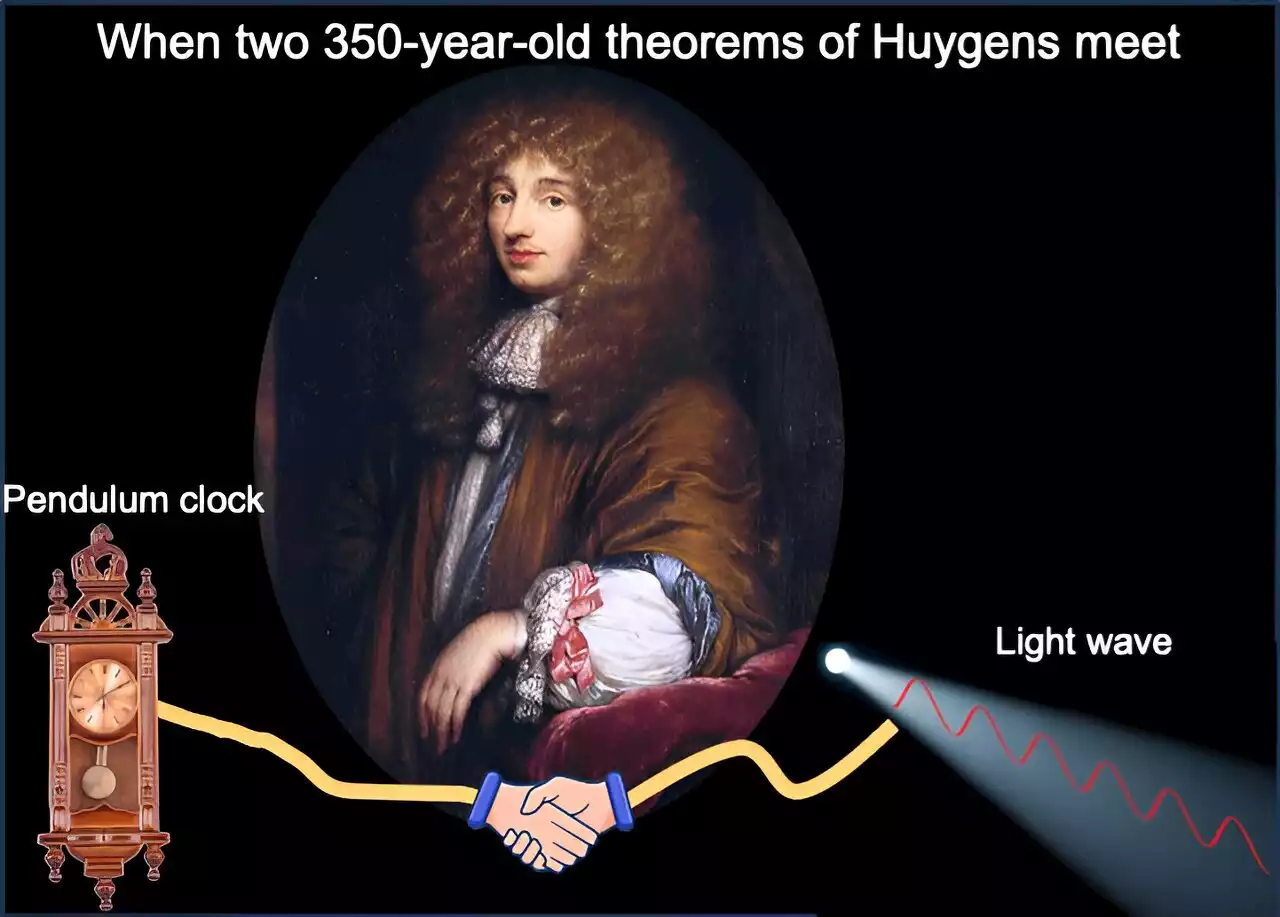When quantum systems, such as those used in quantum computers, operate in the real world, they can lose information to mechanical vibrations. New research led by Michigan State University, however, shows that a better understanding of the coupling between the quantum system and these vibrations c
Michigan State University researchers have discovered how to utilize vibrations, usually an obstacle in quantum computing, as a tool to stabilize quantum states. Their research provides insights into controlling environmental factors in quantum systems and has implications for the advancement of quantum technology.
For instance, even light can cause information leaks if it has enough energy to jiggle the atoms within a quantum processor chip.“Everyone is really excited about building quantum computers to answer really hard and important questions,” said Joe Kitzman, a doctoral student at Michigan State University. “But vibrational excitations can really mess up a quantum processor.”, Kitzman and his colleagues are showing that these vibrations need not be a hindrance.
Although that may sound like cheating, it’s well within the rules of quantum mechanics. Still, this feature should give quantum computers valuable advantages over conventional computers for certain problems in a variety of areas, including science, finance, and cybersecurity.Beyond its implications for quantum technology, the MSU-led team’s report also helps set the stage for future experiments to better explore quantum systems in general.
“We’re creating a paradigm system to understand how this information is scrambled,” said Pollanen. “We have control over the environment, in this case, the mechanical vibrations in the resonator, as well as the qubit.”
United States Latest News, United States Headlines
Similar News:You can also read news stories similar to this one that we have collected from other news sources.
 Physicists Identify a Strange New Form of SuperconductivitySuperconductivity promises to transform everything from power grids to personal electronics.
Physicists Identify a Strange New Form of SuperconductivitySuperconductivity promises to transform everything from power grids to personal electronics.
Read more »
 Physicists employ synthetic complex frequency waves to overcome optical loss in superlensesA collaborative research team led by Interim Head of Physics Professor Shuang Zhang from The University of Hong Kong (HKU), along with National Center for Nanoscience and Technology, Imperial College London and University of California, Berkeley, has proposed a new synthetic complex frequency wave (CFW) approach to address optical loss in superimaging demonstration. The research findings were recently published in the journal Science.
Physicists employ synthetic complex frequency waves to overcome optical loss in superlensesA collaborative research team led by Interim Head of Physics Professor Shuang Zhang from The University of Hong Kong (HKU), along with National Center for Nanoscience and Technology, Imperial College London and University of California, Berkeley, has proposed a new synthetic complex frequency wave (CFW) approach to address optical loss in superimaging demonstration. The research findings were recently published in the journal Science.
Read more »
 Physicists use a 350-year-old theorem to reveal new properties of light wavesSince the 17th century, when Isaac Newton and Christiaan Huygens first debated the nature of light, scientists have been puzzling over whether light is best viewed as a wave or a particle—or perhaps, at the quantum level, even both at once. Now, researchers at Stevens Institute of Technology have revealed a new connection between the two perspectives, using a 350-year-old mechanical theorem—ordinarily used to describe the movement of large, physical objects like pendulums and planets—to explain some of the most complex behaviors of light waves.
Physicists use a 350-year-old theorem to reveal new properties of light wavesSince the 17th century, when Isaac Newton and Christiaan Huygens first debated the nature of light, scientists have been puzzling over whether light is best viewed as a wave or a particle—or perhaps, at the quantum level, even both at once. Now, researchers at Stevens Institute of Technology have revealed a new connection between the two perspectives, using a 350-year-old mechanical theorem—ordinarily used to describe the movement of large, physical objects like pendulums and planets—to explain some of the most complex behaviors of light waves.
Read more »
 This 'morning after' pill can prevent STIs from unprotected sexThe Doxy-PEP pill can prevent bacterial STIs when taken 24 hours after unprotected sex. So why don't more people know about it?
This 'morning after' pill can prevent STIs from unprotected sexThe Doxy-PEP pill can prevent bacterial STIs when taken 24 hours after unprotected sex. So why don't more people know about it?
Read more »
 Can AI help prevent wildfires from spreading across the Bay Area?Santa Clara County FireSafe Council to install network of sensors in San Jose watershed.
Can AI help prevent wildfires from spreading across the Bay Area?Santa Clara County FireSafe Council to install network of sensors in San Jose watershed.
Read more »
 Guatemalan presidential candidate wins in landslide but political elite could prevent him from taking officeGuatemala’s governing elite could prevent the winner of Sunday's presidential election from assuming office in what has become completely new legal territory for the country.
Guatemalan presidential candidate wins in landslide but political elite could prevent him from taking officeGuatemala’s governing elite could prevent the winner of Sunday's presidential election from assuming office in what has become completely new legal territory for the country.
Read more »
